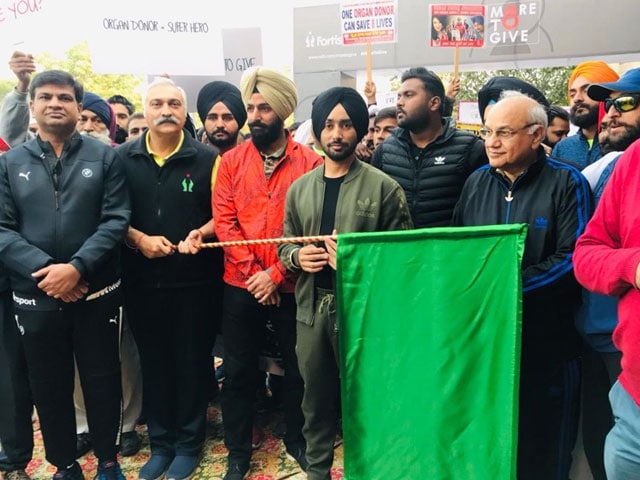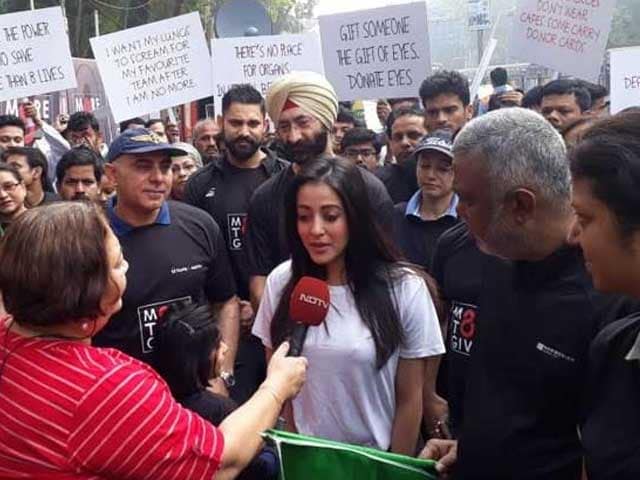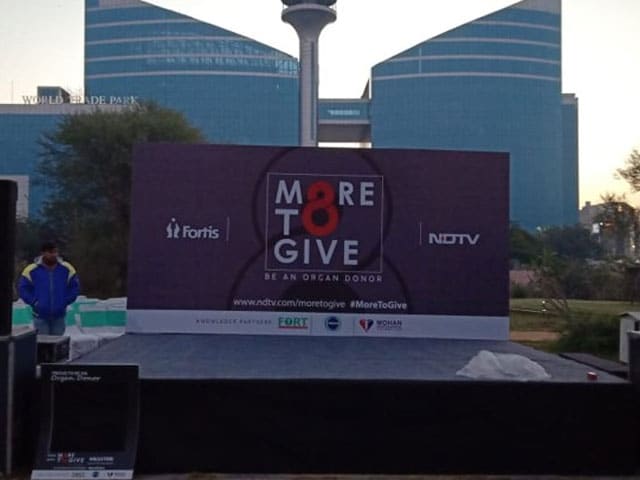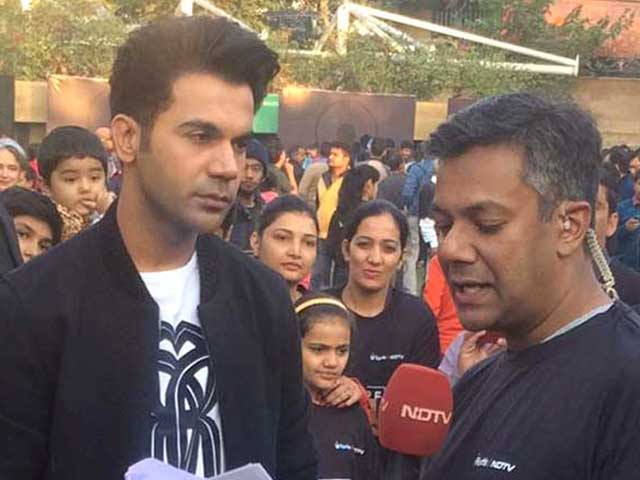
New Delhi: In a crowded government hospital bustling with chatter and movement, the Department of Urology’s elevator opens up on the second floor to a scene of tense silence as people sit clutching medical reports and papers, eagerly awaiting news about their loved ones being operated inside.
One of the men waiting here is Prashant Bariya, whose wife, Naveena, 32, is finally undergoing a desperately required kidney transplant after 2 years of suffering and 10 months of dialysis. The donor is her older sister, who luckily happened to be an exact match and is now simultaneously being operated upon in an operating theatre adjacent to hers. The idea is that as soon as the kidney is harvested, the transplantation should begin.
(Also Read: Life On A Waiting List: Where India Stands On Kidney Transplants)
“It all started when my wife started getting high blood pressure. Our local doctors put her on medication for that for a year. When her health deteriorated we went to Udaipur and were told that both her kidneys had failed and we would have to go to Ahmedabad for a transplant,” says Prashant.
However, Prashant, who works as a contract labourer, soon found out that the surgery in Ahmedabad would cost him Rs. 10 to 12 lakhs—an amount that he could not afford. On the recommendation of a relative, the family then decided to leave their home in Champi, Madhya Pradesh, and come to Delhi where Naveena could get treated for free at Safdarjung Hospital.
While Naveena and her sister were wheeled into the operation theratre at 9:00 am this morning, another 42 patients across the country simultaneously waited to get a new organ as well.
This surgery was one of the 43 organ transplant surgeries that took place in different hospitals across the country on November 23 as an effort to raise awareness about organ donation in the country. This was organised by the National Organ and Transplant Organisation (NOTTO).
Most of these transplantations were performed with organs harvested from live donors. However, NOTTO’s thrust remains on promoting cadaveric donations (organs harvested from deceased people) which is the best way to bolster India’s organ pool.

Source: NOTTO
In India, a huge gap persists between demand and supply of organs. Currently, the country has a donation rate of 0.5 per million, which is one of the lowest in the world.
(Read More: In Numbers: The Status Of Organ Donation In India)
Currently, India has a donation rate of 0.5 per million, which is one of the lowest in the world.
Around 20 of these surgeries were performed at various hospitals in Delhi-NCR itself which included AIIMS, Indraprastha Apollo, Fortis Vasant Kunj, Max Saket and Sir Ganga Ram. Other cities where these surgeries took place are Kolkata, Lucknow, Bhopal, Indore, Puducherry, Guwahati, Coimbatore, Kochi and Chennai, to name a few.








